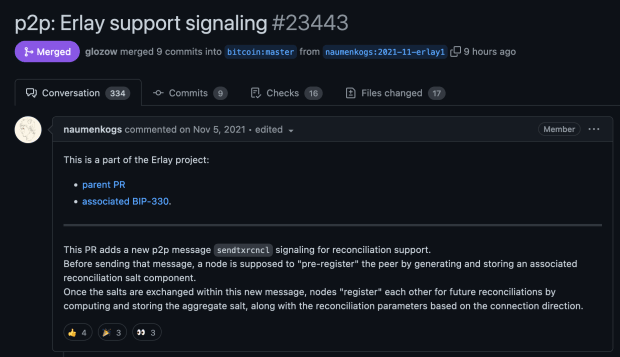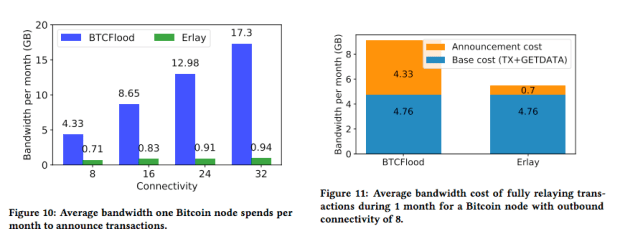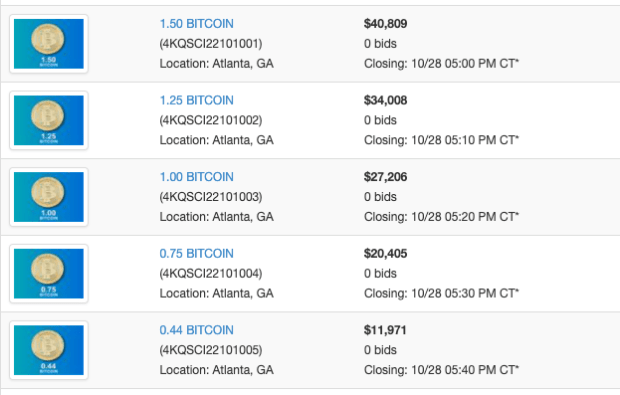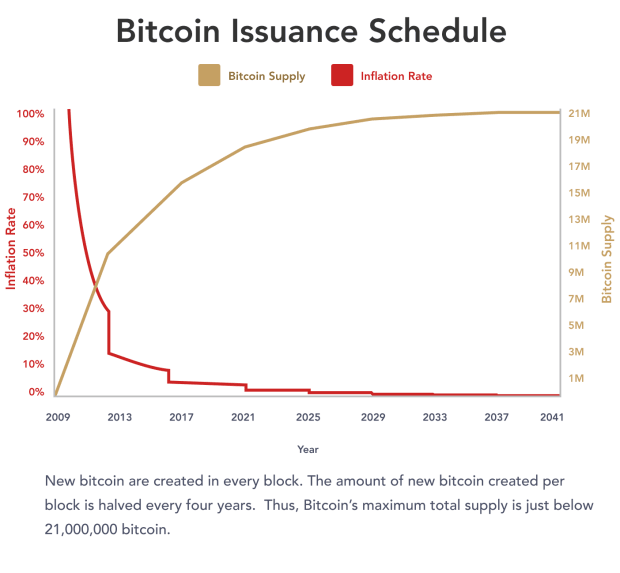Erlay Makes It Easier To Run A Bitcoin Node
Erlay will bring bandwidth efficiency gains to Bitcoin’s peer-to-peer layer by changing the transaction relay protocol where full nodes share data.
The below is a direct excerpt of Marty’s Bent Issue #1274: “Erlay support signaling has been merged into Bitcoin Core.” Sign up for the newsletter here.

It’s been over three years and exactly 696 issues since we last talked about Erlay. In September 2019, we wrote about Pieter Wuille and Gleb Naumenko submitting an official BIP (Bitcoin Improvement Proposal) to start the process of getting Erlay merged into the protocol. For those of you who may be unaware of what Erlay is, it is a change to the transaction relay protocol at the peer-to-peer layer where full nodes communicate and share data about the transactions that have been broadcast to the network. The change would bring material bandwidth efficiency gains to this peer-to-peer layer, which will make it easier for more people to run full nodes — particularly individuals who are living in areas with subpar internet connectivity.
Here’s a breakdown of the bandwidth efficiency improvements that will come once Erlay is widely adopted by full node operators:

We’re looking at a massive breakthrough in distributed network engineering that will enable Bitcoin to become a more robust, reliable and private network: more robust because it enables more individuals to participate in network validation by lowering the barrier to entry with decreased internet bandwidth so people can more easily run a full node; more reliable by increasing the connectivity between nodes; and more private by making it harder for attackers to identify the node from which a transaction originated.
In the midst of the current bear market when many are either infighting, dunking on bitcoin or losing interest altogether, the protocol is getting closer to a significant peer-to-peer upgrade that most are oblivious to. Slowly but surely, Bitcoin’s fundamentals continue to dramatically improve while everyone focuses on the noise. This is exactly what I love to see.
We should also note the fact that this no-brainer of an upgrade took almost three and half years to materialize from the white paper proposal to the official Bitcoin Improvement Proposal to support signaling being merged into Bitcoin Core — and there is still more to do after this merge. That may seem like an insanely long time to some, but it highlights how seriously those working on the protocol approach changes. Erlay went through years of discussion, reviewing and testing before getting to the point where nodes can begin to signal their support for the new transaction relay protocol. It’s a beautiful thing to see.
Don’t let anyone tell you that Bitcoiners aren’t innovating. We are innovating in the areas most critical to long-term success. The boring areas that aren’t flashy enough for the click-bait headlines. You’ll often find that the least flashy areas are the most important and Erlay is a perfect example of this. Erlay brings a better bitcoin to more people and this is all one should want at the end of the day.









